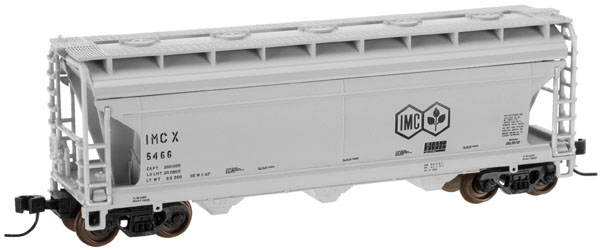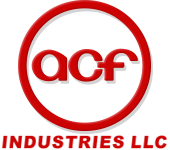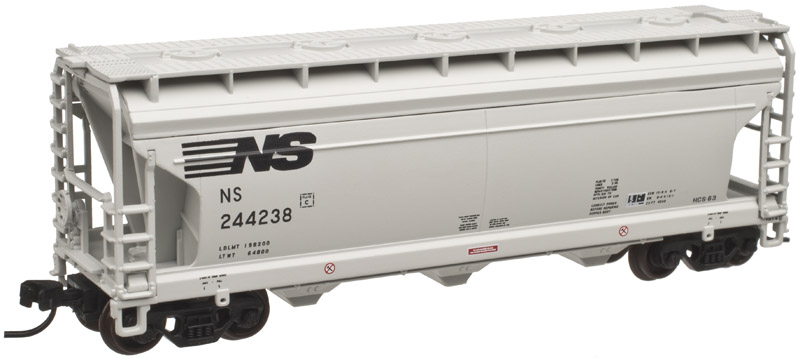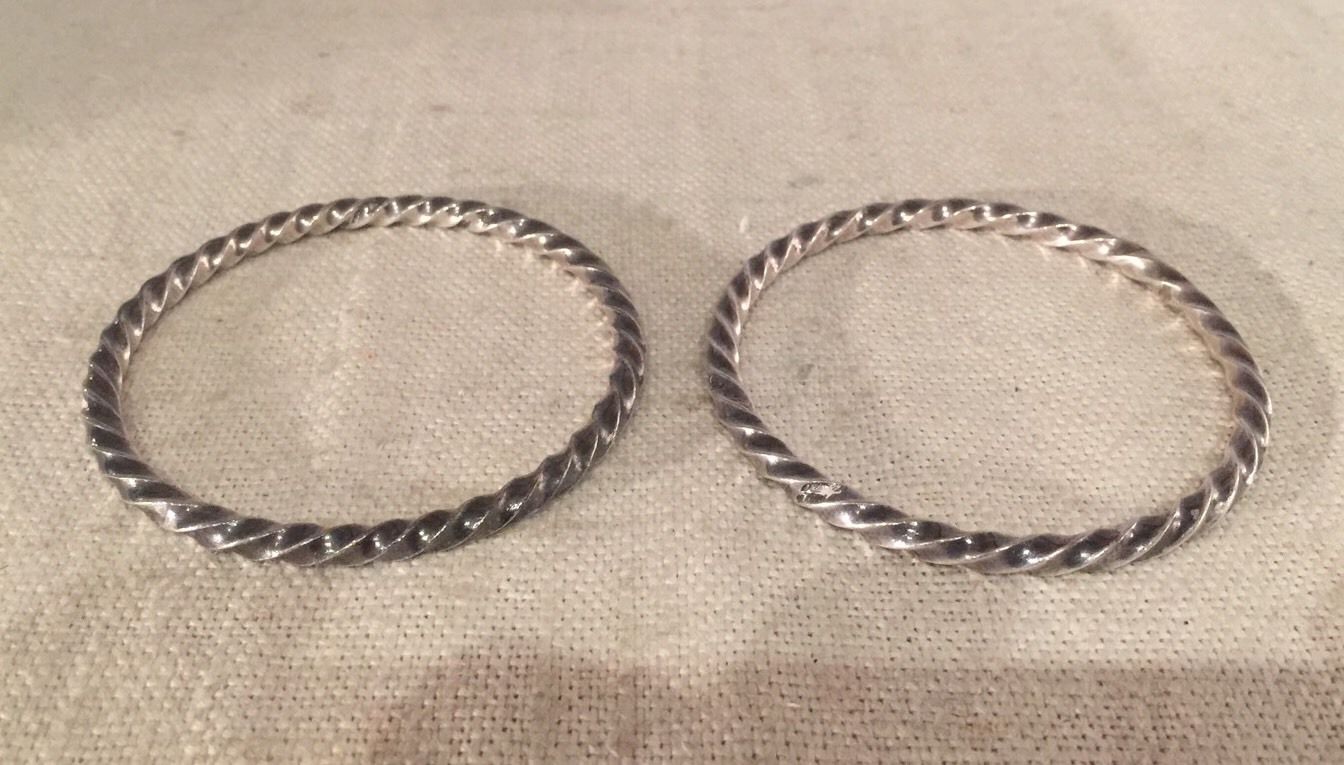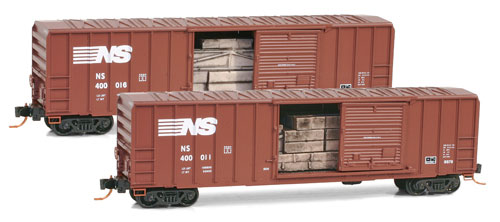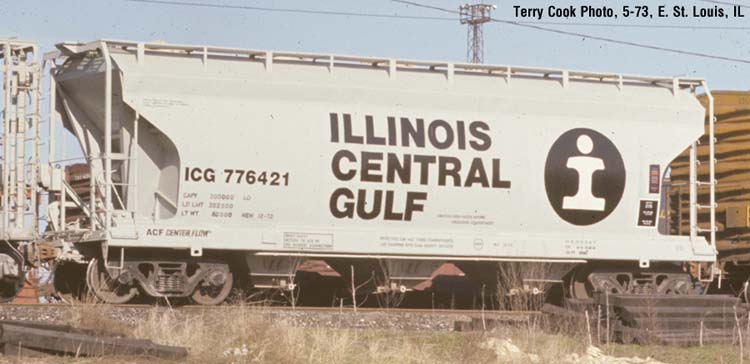Model Information: This model was first released by Atlas in 2006. Unlike many older toolings which were 'put out to pasture' in the Trainman line, this model was Trainman from the get-go. This means it was designed from the ground-up to be durable and relatively inexpensive to produce. It is a nice quality car, and while not as inexpensive as one might hope for an item designed for a lower price point, it is surprisingly well detailed.
Prototype History: Covered hoppers such as these are used to transport any dry bulk material that you don't want exposed to the elements. Salt, fertilizer, some dry chemicals, and bauxite are common loads for this car. Over 200 were built from 1967 to 1972. The three-compartment ACF® 3560 Center Flow Covered Hopper was designed for the transport of high-density dry bulk ladings of 50 – 60 pounds per cubic foot. The 100-ton car was designed to fit into the smallest modern plate diagram dimensions, Plate B.
Road Name History: IMC Global (also known as International Minerals and Chemical Corporation) was a mining and production company, previously listed on the S&P MidCap 400. It was originally founded in 1909 as International Agricultural Corporation. In 2004, IMC Global merged with Cargill, Inc.'s crop nutrition division to form The Mosaic Company, a crop nutrition company.
IMC Global was incorporated as International Agricultural Corporation on June 14, 1909 by Walderman Schmidten in the state of New York. A native German, Schmidten moved to secure entire capital in mines from his home country; he was successful in doing so with the Kaliwerke Sollstedt Gewerkschaft. Phosphate and potash production facilities were acquired in Tennessee and Florida. Capital stock of the International Agricultural Corporation was originally fixed at $15 million in July 1909, but increased to $36 million by April 1911. As World War I broke out, demand for fertilizer declined while that for sulfuric acid skyrocketed. International Agricultural Corporation was the largest owner and distributor of phosphate in the United States by the 1920s.
Read more on Wikipedia and on the this website.
IMC Global was incorporated as International Agricultural Corporation on June 14, 1909 by Walderman Schmidten in the state of New York. A native German, Schmidten moved to secure entire capital in mines from his home country; he was successful in doing so with the Kaliwerke Sollstedt Gewerkschaft. Phosphate and potash production facilities were acquired in Tennessee and Florida. Capital stock of the International Agricultural Corporation was originally fixed at $15 million in July 1909, but increased to $36 million by April 1911. As World War I broke out, demand for fertilizer declined while that for sulfuric acid skyrocketed. International Agricultural Corporation was the largest owner and distributor of phosphate in the United States by the 1920s.
Read more on Wikipedia and on the this website.
Brand/Importer Information: In 1924 Stephan Schaffan, Sr. founded the Atlas Tool Company in Newark, New Jersey. In 1933 his son, Stephan Schaffan, Jr., came to work for his father at the age of sixteen. Steve Jr. built model airplanes as a hobby and frequented a local hobby shop. Being an enterprising young man, he would often ask the owner if there was anything he could do to earn some extra spending money. Tired of listening to his requests, the hobby-store owner threw some model railroad track parts his way and said, "Here, see if you can improve on this".
In those days, railroad modelers had to assemble and build everything from scratch. Steve Jr. created a "switch kit" which sold so well, that the entire family worked on them in the basement at night, while doing business as usual in the machine shop during the day.
Subsequently, Steve Jr. engineered the stapling of rail to fiber track, along with inventing the first practical rail joiner and pre-assembled turnouts and flexible track. All of these products, and more, helped to popularize model railroading and assisted in the creation of a mass-market hobby. The budding entrepreneur quickly outgrew the limitations of a basement and small garage operation. Realizing they could actually make a living selling track and related products, Steve and his father had the first factory built in Hillside, New Jersey at 413 Florence Avenue in 1947. On September 30, 1949, the Atlas Tool Company was officially incorporated as a New Jersey company.
In 1985, Steve was honored posthumously for his inventions by the Model Railroad Industry Association and was inducted into the Model Railroad Industry Hall of Fame in Baltimore, Maryland. In addition, Steve was nominated and entered into the National Model Railroad Association Pioneers of Model Railroading in 1995.
In the early 1990s, the Atlas Tool Company changed its name to Atlas Model Railroad Company, Inc.
In those days, railroad modelers had to assemble and build everything from scratch. Steve Jr. created a "switch kit" which sold so well, that the entire family worked on them in the basement at night, while doing business as usual in the machine shop during the day.
Subsequently, Steve Jr. engineered the stapling of rail to fiber track, along with inventing the first practical rail joiner and pre-assembled turnouts and flexible track. All of these products, and more, helped to popularize model railroading and assisted in the creation of a mass-market hobby. The budding entrepreneur quickly outgrew the limitations of a basement and small garage operation. Realizing they could actually make a living selling track and related products, Steve and his father had the first factory built in Hillside, New Jersey at 413 Florence Avenue in 1947. On September 30, 1949, the Atlas Tool Company was officially incorporated as a New Jersey company.
In 1985, Steve was honored posthumously for his inventions by the Model Railroad Industry Association and was inducted into the Model Railroad Industry Hall of Fame in Baltimore, Maryland. In addition, Steve was nominated and entered into the National Model Railroad Association Pioneers of Model Railroading in 1995.
In the early 1990s, the Atlas Tool Company changed its name to Atlas Model Railroad Company, Inc.
Item created by: Lethe on 2016-02-05 13:54:19. Last edited by George on 2024-01-26 20:28:53
If you see errors or missing data in this entry, please feel free to log in and edit it. Anyone with a Gmail account can log in instantly.
If you see errors or missing data in this entry, please feel free to log in and edit it. Anyone with a Gmail account can log in instantly.


